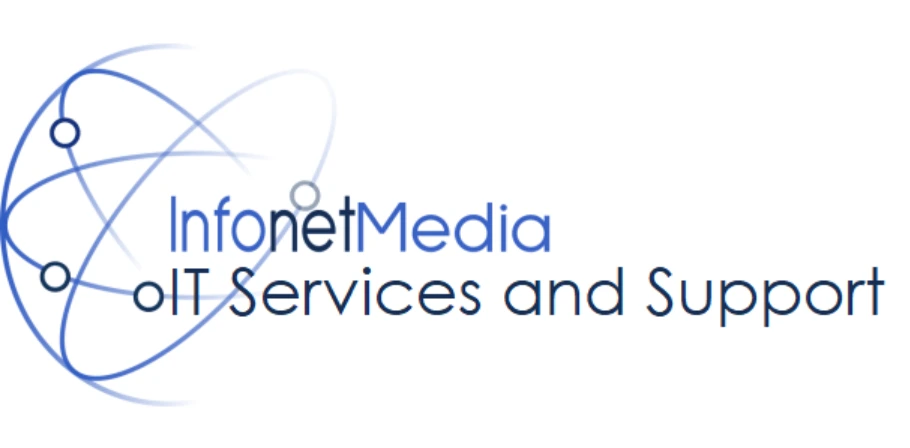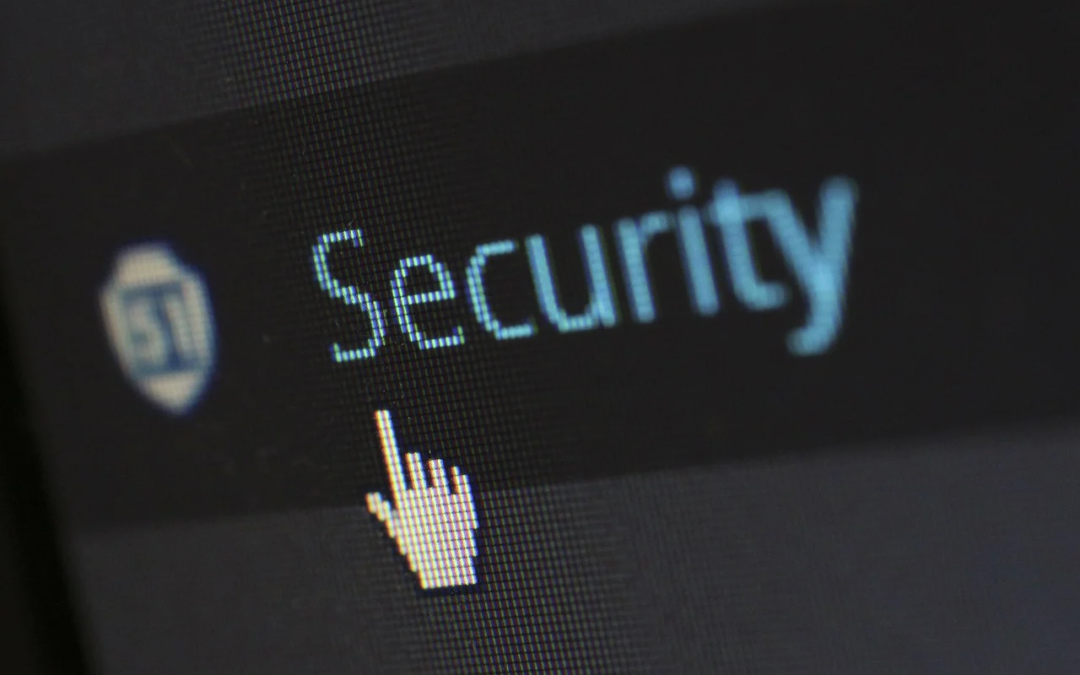Whether it’s through a mobile device, desktop computer, or tablet, most people who read this article are likely reading it on one of these devices. Choosing the right security measures for your website is just as important as having a secure website in general. If you aren’t already familiar with the importance of web security, it’s important to note that the purpose of security measures is to protect you, the website owner, and your customers from cyberattacks, phishing scams, and other cyber threats. When you implement strong security measures for your website, you can be more confident that your website will be secure. Fortunately, there are many ways to do this, but there are also many misconceptions about security measures that make it hard for website owners to implement the best security measures. In this article, we’ll take a look at some of the most common misconceptions about web security, why they are important, and how to implement strong security measures for your website.
What Is the Purpose of Web Security?
The purpose of web security is to protect you and your customers from cyberattacks, phishing scams, and other cyber threats. Any time you log in to a website, you are putting your trust into that site’s security measures. The same goes for people who contact a site via email or social media. The more you can do to ensure the safety of your visitors, the better chance your business stands of building credibility.
Preventing Hackers From Accessing Your Website
One of the most important things you can do to keep your website secure is to prevent hackers from accessing it. There are many ways you can do this, but one of the easiest things you can do is to think about your website’s URL and make sure it doesn’t contain any identifying information that would allow a hacker to break into your site. If you take a look at the URL for this article, for example, you’ll notice that it doesn’t include any words that identify who wrote the article or where they work (https://www.webdirections.org/blog/why-digital-marketing-is-important). By doing this, we not only avoid giving up too much personal information about ourselves, but we also avoid putting our website at risk for being hacked.
To avoid hackers breaking into your website and getting access to sensitive customer data and private company information, make sure your domain name is registered with a private WHOIS service. This will give out minimal information about your company and avoid giving hackers a roadmap of how to get into your site by using public WHOIS records.
Another way to protect your site from hackers is to use SSL certificates on HTTPS pages or inbound links. You want customers sending their credit card or banking information over the internet to feel safe, so there should be SSL certificates on pages like checkout forms or login pages where sensitive customer data may be transmitted with an SSL certificate in place.
How Do You Prevent Hackers From Accessing Your Website?
It is a common misconception that hackers can’t access your website unless you have security holes in your programming. However, this isn’t the case. In fact, hackers can use several different methods to gain access to your website including using social media websites and emailing links to your site to potential subscribers.
It’s also important to note that hackers don’t need any special software or hacking skills in order to implement web attacks, phishing scams, and other cyber threats.
Fortunately, there are many ways you can help to prevent these types of attacks on your website. Installing an SSL certificate for example will help keep hackers out because it encrypts data between the browser and the server. You can also install anti-virus programs or firewalls which will alert you when something malicious is happening on the site so that you can take the appropriate action. There are also ways you can prevent people from accessing your website unless they are logged in through things like cookies or IP addresses. Check out our other article on how to prevent hackers from accessing your websites for more information on these methods.
Conclusion
By following the above security measures, you can ensure that your business website is safe from hackers and other threats. You will also have a much better chance of ranking high in search engine results and driving more traffic to your business.
To learn more about how to keep your site safe, our web security experts are available to help 24/7.
Contact us today: +447535010016 or Book a Web Security Assessment (links to Booking form)

